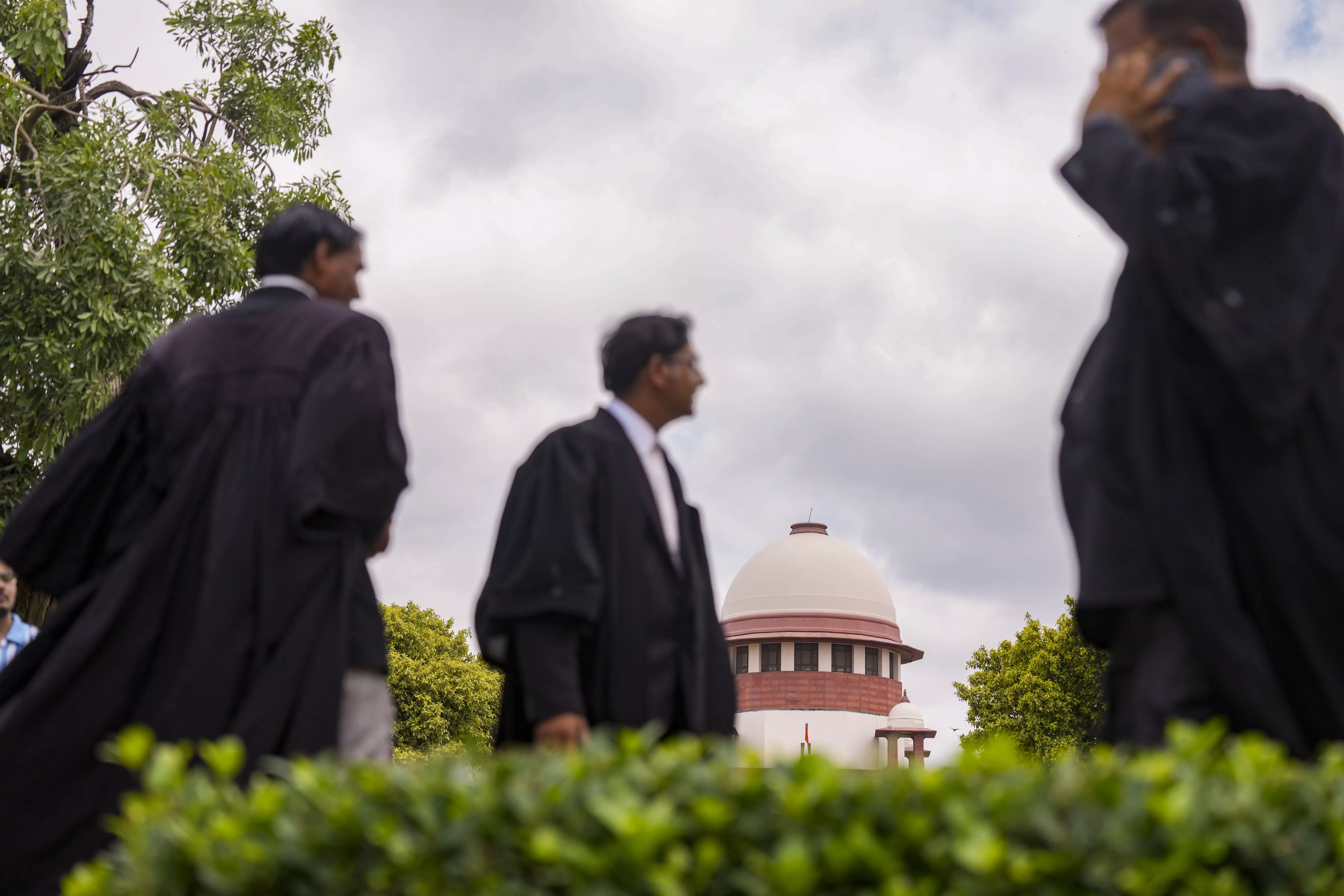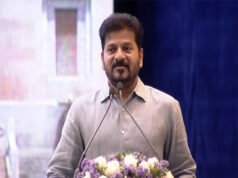
New Delhi: A plea filed in the Supreme Court has sought the review of its May 20 judgement barring fresh law graduates from appearing in entry level judicial services examination and fixed a three-year minimum law practice criteria.
The verdict of Chief Justice B R Gavai and Justices Augustine George Masih and K Vinod Chandran on May 20 mandated a minimum of three years of legal practice as a prerequisite for candidates aspiring to become civil judges (junior division).
The review plea, filed by recently-enrolled advocate Chandra Sen Yadav, argues the violation of fundamental rights under Articles 14 (right to equality) and 16 (equality of opportunity in matters of public employment for all citizens) of the Constitution of the aspiring law graduates.
The plea said the imposition of an uniform three-year practice requirement for all judicial service aspirants amounts to arbitrary and unjustified discrimination, depriving fresh law graduates of equal opportunity in public employment.
The plea, in particular, challenges the direction asking high courts and the state governments to amend their service rules to enforce the new eligibility criterion.
“That the review petitioner – is particularly aggrieved by issue 7 and direction 7 of the impugned judgment passed by this court, which pertain to the prescription of minimum years of practice at the Bar as a prerequisite for appearing in the examination for the post of Civil Judge (Junior Division),” it said.
Immediate enforcement, the plea went on, caused retrospective hardship, violating principles of fairness, legitimate expectation, and equal opportunity under Article 14 of Constitution.
“This court restored the requirement of a minimum three years’ practice at the Bar as a mandatory condition for entry into judicial service, relying upon certain affidavits submitted by various High Courts. However, crucial inputs and contrary recommendations such as those made by the State of Nagaland, State of Tripura, High Court of Punjab and Haryana, and the State of Chhattisgarh, which opposed the said requirements were not wholly considered’,” it added.
The three-year litigation practice requirement has been argued to arbitrarily exclude law graduates working in law firms, PSUs, or corporate legal roles, despite their relevant legal experience.
“This amounts to unreasonable classification and violates Article 14 of the Constitution,” it said.
The top court judgement came on a plea filed by the All India Judges Association.
The CJI, who authored the verdict, dealt with the prerequisites for those aspiring to enter the subordinate judiciary and reaffirmed the importance of courtroom exposure for them.
“All the high courts and the state governments in the country shall amend the relevant service rules to the effect that candidates desirous of appearing in the examination for the post of civil judge (junior division) must have practised for a minimum period of three years to be eligible for the said examination,” the verdict said.
The top court said the experience of judicial service aspirants would be counted from the date on which provisional registration had been granted by the state bar council concerned.
“The said requirement of minimum years of practice shall not be applicable in cases where the high court concerned has already initiated the selection process for the post of civil judge (junior division) prior to the date of this judgment and shall be applicable only from the next recruitment process,” it said.
The verdict clarified that those working as law clerks with judges or judicial officers would also be considered while computing their total years of practice.
Candidates practising before the high courts or the apex court, the bench said, would be certified by an advocate having a standing of 10 years, duly endorsed by an officer designated by that high court or the Supreme Court.
Agreeing with the views of several high courts that the reintroduction of a certain number of years of practice was necessary, it said, ‘The judges from the very day on which they assume office have to deal with the questions of life, liberty, property and reputation of litigants.”
The court was conscious that a young law graduate would have ‘minimal’ opportunities, but said exposure to courts, particularly litigants and their briefs, would acquaint them with the ‘onerous duties and responsibilities’ of every stakeholder in the judicial system.





